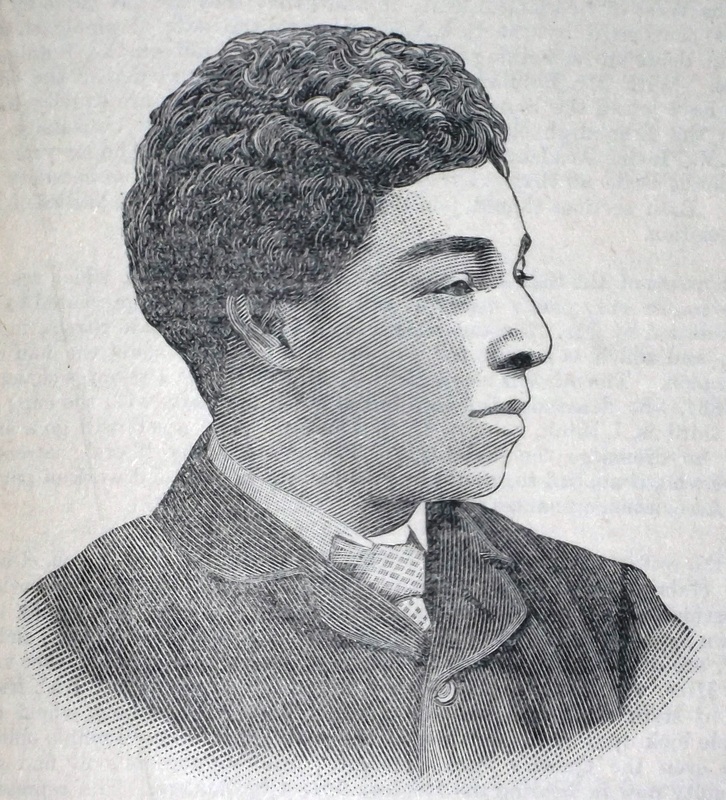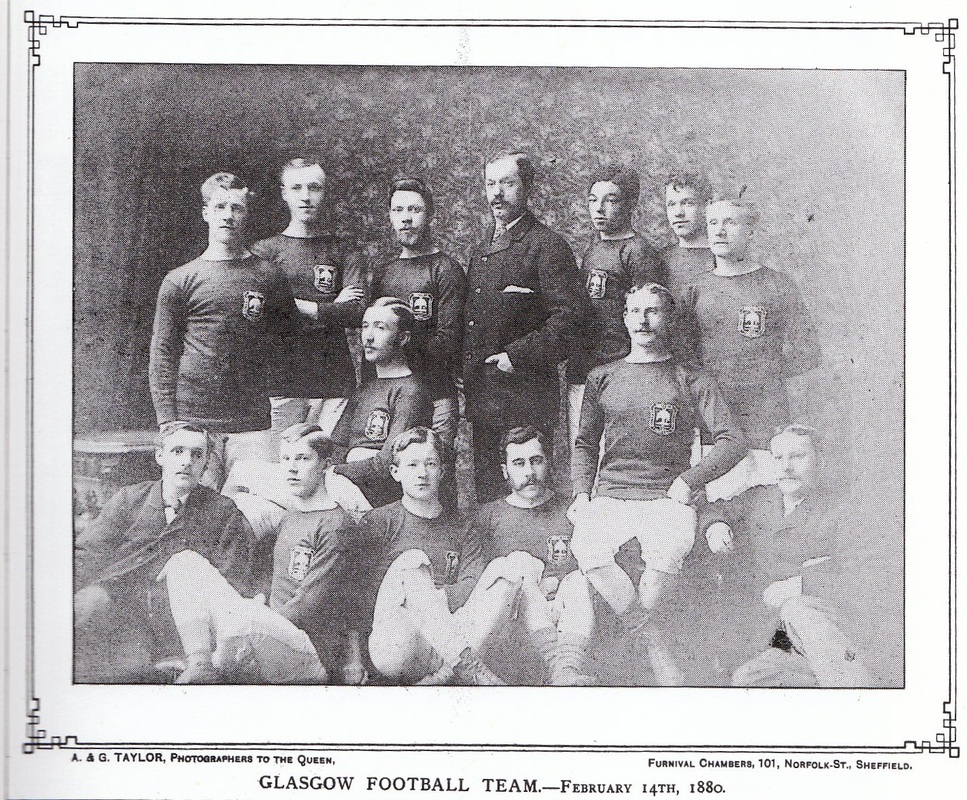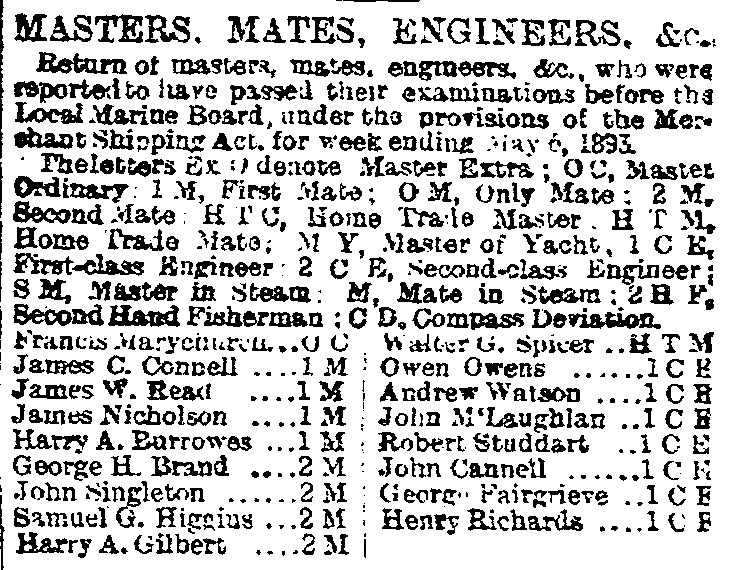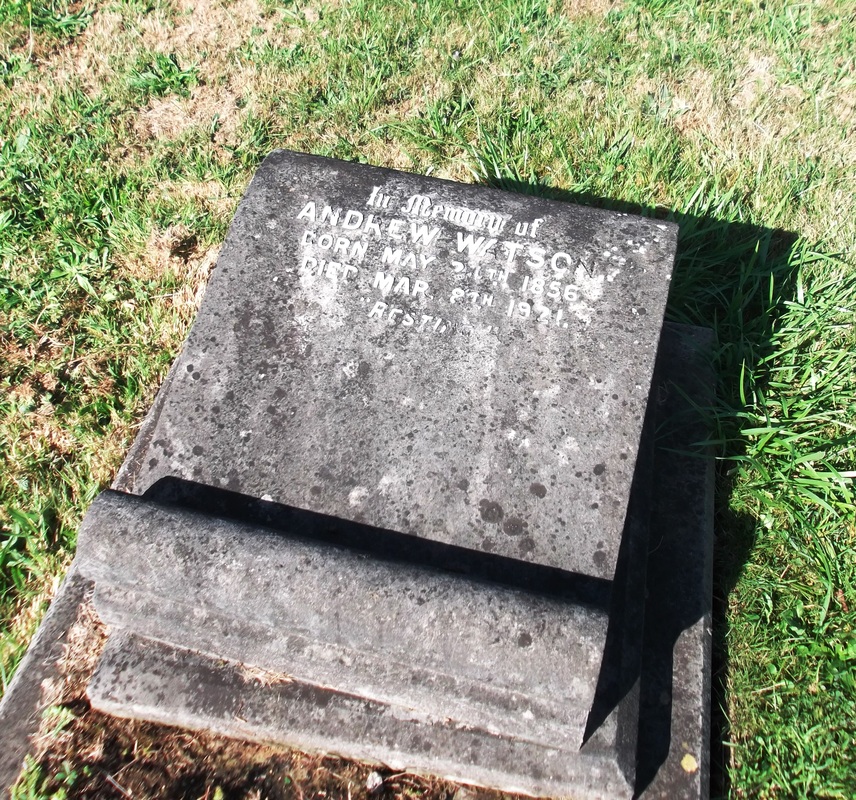Watson, whose full story only came to light last year when my research was published, captained Scotland to an astonishing 6-1 victory over England on his international debut in 1881. For many years his fate was unknown until I tracked down his death in London in 1921, and visited his gravestone. I was delighted to be asked by the ODNB to contribute his entry for the Dictionary.
Andrew Watson was born in Georgetown, British Guiana (now Guyana) in 1856 to Peter Miller Watson, a Scottish sugar planter and Hannah Rose, a local woman. Despite being black and illegitimate, he was generally accepted by his fellow footballers as he was a 'gentleman' (he was of independent means after his father left him a substantial legacy), but there are hints that he required broad shoulders.
While most descriptions were purely about his ability, there was some evidence of discrimination: 'Both on and off the field he is courtesy and unostentation personified and although of a most powerful build he invariably plays a sterling honest game. … Although on more than one occasion subjected to vulgar insults by splenetic, ill-tempered players, he uniformly preserved that gentlemanly demeanour … he is the embodiment of rare geniality and kind-heartedness' (Scottish Athletic Journal, 15 December 1885).
Less controversially, the 1880 Scottish Football Annual described him as: 'One of the very best backs we have; since joining Queen’s Park has made rapid strides to the front as a player; has great speed and tackles splendidly; powerful and sure kick; well worthy of a place in any representative team.'
In over a decade of top level football in Scotland and England he was a significant personality and helped to draw crowds and plaudits wherever he played. Capped three times by Scotland, all comprehensive victories, he missed out on further international honours by moving to England. Having first come to prominence with Glasgow team Parkgrove, he won the Scottish Cup four times with Queen's Park, and played for a range of teams in England including Swifts, Pilgrims, Corinthians and finally Bootle, having gone to Liverpool to pursue a career as a maritime engineer.
+ First black player to gain representative honours, playing for Glasgow v Sheffield in February 1880;
+ First black player to win Scottish Cup, in 1880/81 with Queen’s Park;
+ First black internationalist, captaining Scotland v England, 12 March 1881;
+ First black administrator, as match secretary with Parkgrove 1878-80 and club secretary with Queen's Park 1881-82;
+ First black player in FA Cup, reaching 4th round in 1882-83 with Swifts;
+ First black match official, as umpire for Old Carthusians v Royal Engineers, FA Cup, 25 Jan 1883;
+ First black player for Corinthians, on their Easter Tour in March 1883
+ First to play for an English county, Surrey v Notts in March 1884 (as a Swifts player);
+ And possibly the first black professional. In December 1887, Great Bridge Unity FC protested to the FA Cup committee against Watson and Hastings of Bootle for professionalism; however the case was dismissed (an investigation by the Lancashire FA also failed to find evidence).




 RSS Feed
RSS Feed